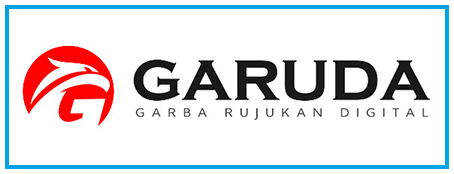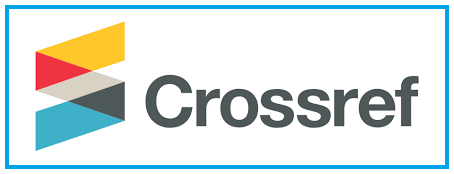IMPROVING MATHEMATICS OUTCOMES OF FRACTION THROUGH THE NUMBERED HEADS TOGETHER (NHT) LEARNING IN PRIMARY SCHOOL
Keywords:
Mathematic, Fraction, NhtAbstract
This study aims to describe the application of the Numbered Heads Together (NHT) model, and to describe the improvement of students' mathematics learning outcomes in the fractional material. The implementation of the Numbered Heads Together (NHT) model uses Classroom Action Research (CAR) which implemented in 2 cycles. After implemented the learning model it is known that the application of the Numbered Heads Together (NHT) model can improve students' mathematics learning outcomes in fractional materials.
Downloads
References
Akbar, Sa’dun. 2009. Classroom action research. Yogyakarta: Cipta Media Aksara.
Arikunto, Suharsimi. 2005. Research procedure. Jakarta: Rineka Cipta.
Aziz, Abdul W. 2009. Social Studies Teaching Methods and Models. Bandung: Alfabeta.
Budiyanto. 2004. Definition of Learning Model. (Online), in (http://belajarpsikologi.com/pengertian-model-pembelajaran/), accessed November 10, 2014.
Bundu, Patta. 2005. Assessment of Process Skills and Scientific Attitudes in Elementary Science Learning. Jakarta: Ministry of National Education Directorate General of Higher Education.
Dimyati dan Mudjiono. 2006. Study and Learning Jakarta: Rineka Cipta.
Gultom. 2004. Penerapan Numbered Heads Together Cooperative Learning Model (NHT) to Improve Student Learning Outcomes. (Online), in (http://www.tuanguru.com/2011/12/pembelajaran-kooperatif-tipe-nht.html), accessed November 10, 2014.
Ibrahim, Muslim, dkk. 2000. Cooperative Learning. Surabaya: University Press UNESA.
Mustaqim, Burhan dan Ary Astuty. 2008. Let's Learn Mathematics for Elementary and MI Class IV. Jakarta: CV. Buana Raya.
Nur, Mohamad. 2005. Cooperative Learning. Surabaya: School Science and Mathematics Center UNESA.
Nurhadi, dkk. 2004. Contextual Learning and Its Application in KBK. Malang: Universitas Negeri Malang (UMPRESS).
Riduwan. 2004. Research Method. Jakarta: Rineka Cipta
Sudjana. 2005. Understanding Learning Outcome Assessment. (Online), In (http://www.m-edukasi.web.id/2013/08/pengertian-penilaian-hasil-belajar.html), accessed November 10, 2014.
Sugiyono. 2010. Qualitative Quantitative Research Methods and R & D. Bandung: Alfabeta.
Suherman. 2003. Math Learning. Yogyakarta: Cipta Media Aksara.
Sutopo, HB. 2008. Qualitative Research Methods. Surakarta: UNS Press.
Ulfatin, Nurul. 2013. Qualitative Research Methods in Education: Theory and Its Application. Malang: FIP UM.
Uno, Hasanah B. 2007. Learning Model: Creating Creative and Effective Teaching and Learning Process. Jakarta: PT Bumi Aksara.
Wiraatmadja, Rochiati. 2006. Classroom Action Research Method. Bandung: Rosdakarya.
Wiyono. 2007. Research methodology. Malang: Department of National Education, State University of Malang.
Yamin, Martinis. 2003. Competency-Based Learning Strategy. Jakarta: Gaung Persada.
Zainuddin, M. 2012. Shaping the Character of the Nation's Children. Malang: UM Press
Downloads
Published
How to Cite
Issue
Section
License
Copyright (c) 2022 SENTRI: Jurnal Riset Ilmiah

This work is licensed under a Creative Commons Attribution-NonCommercial-ShareAlike 4.0 International License.









